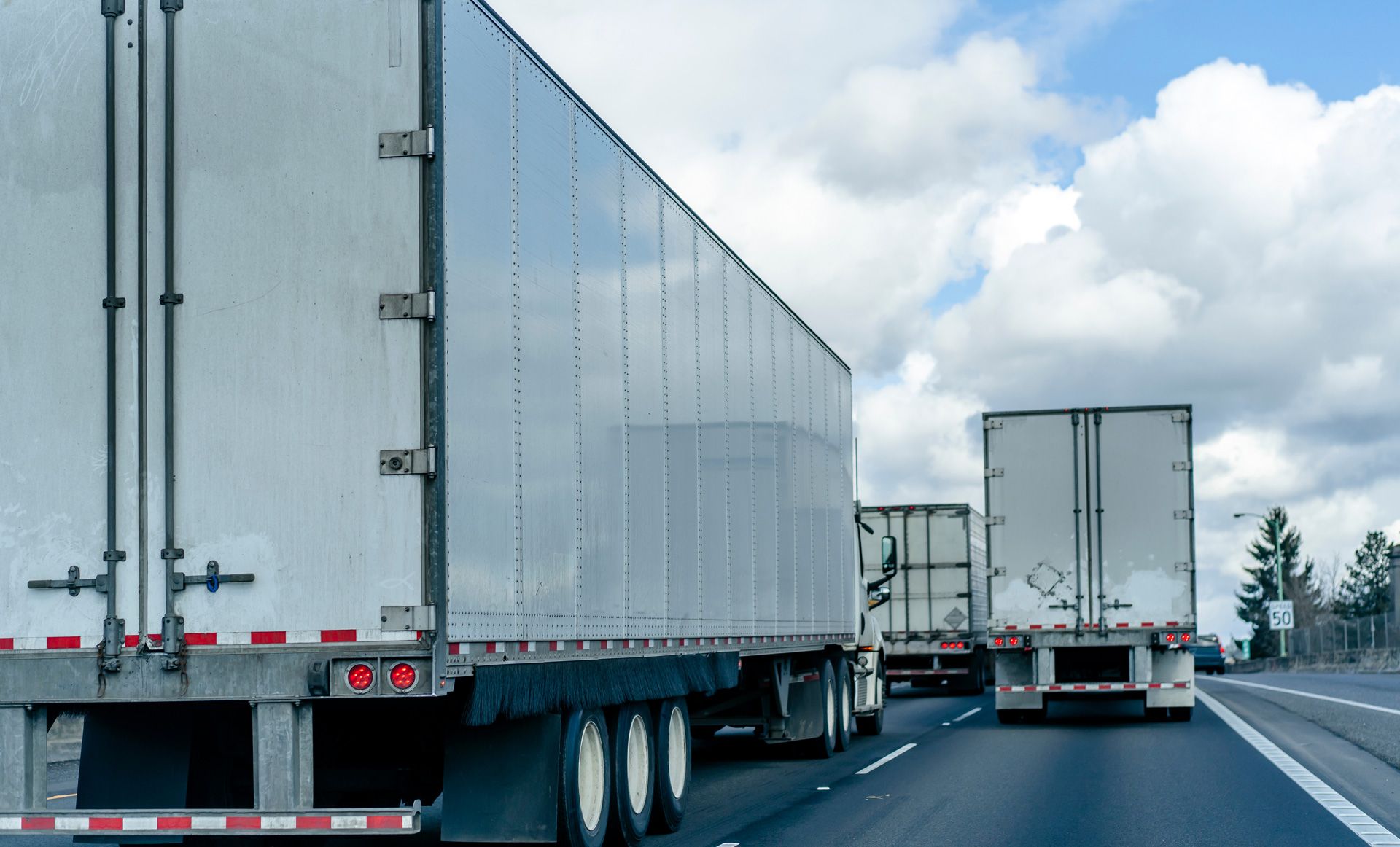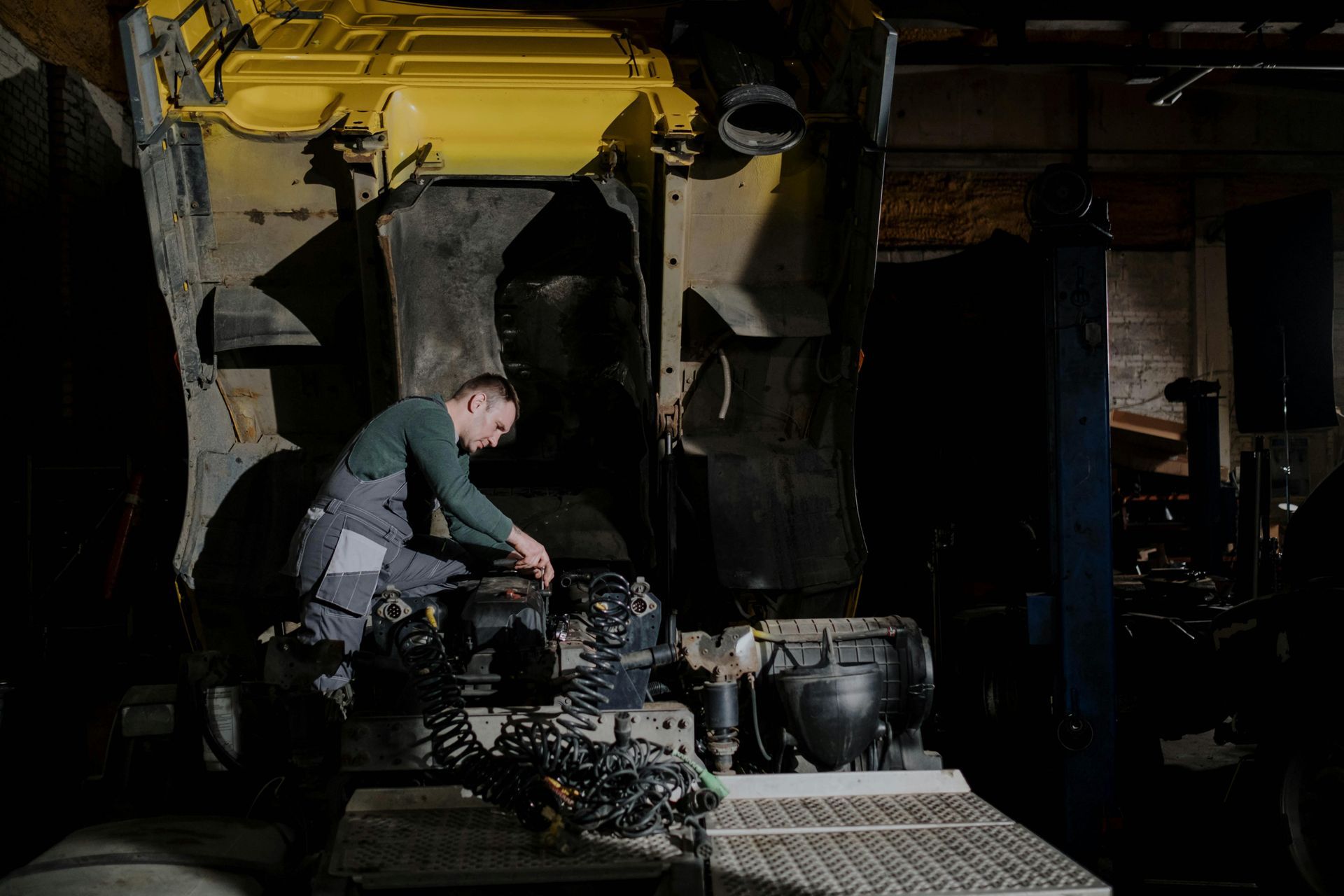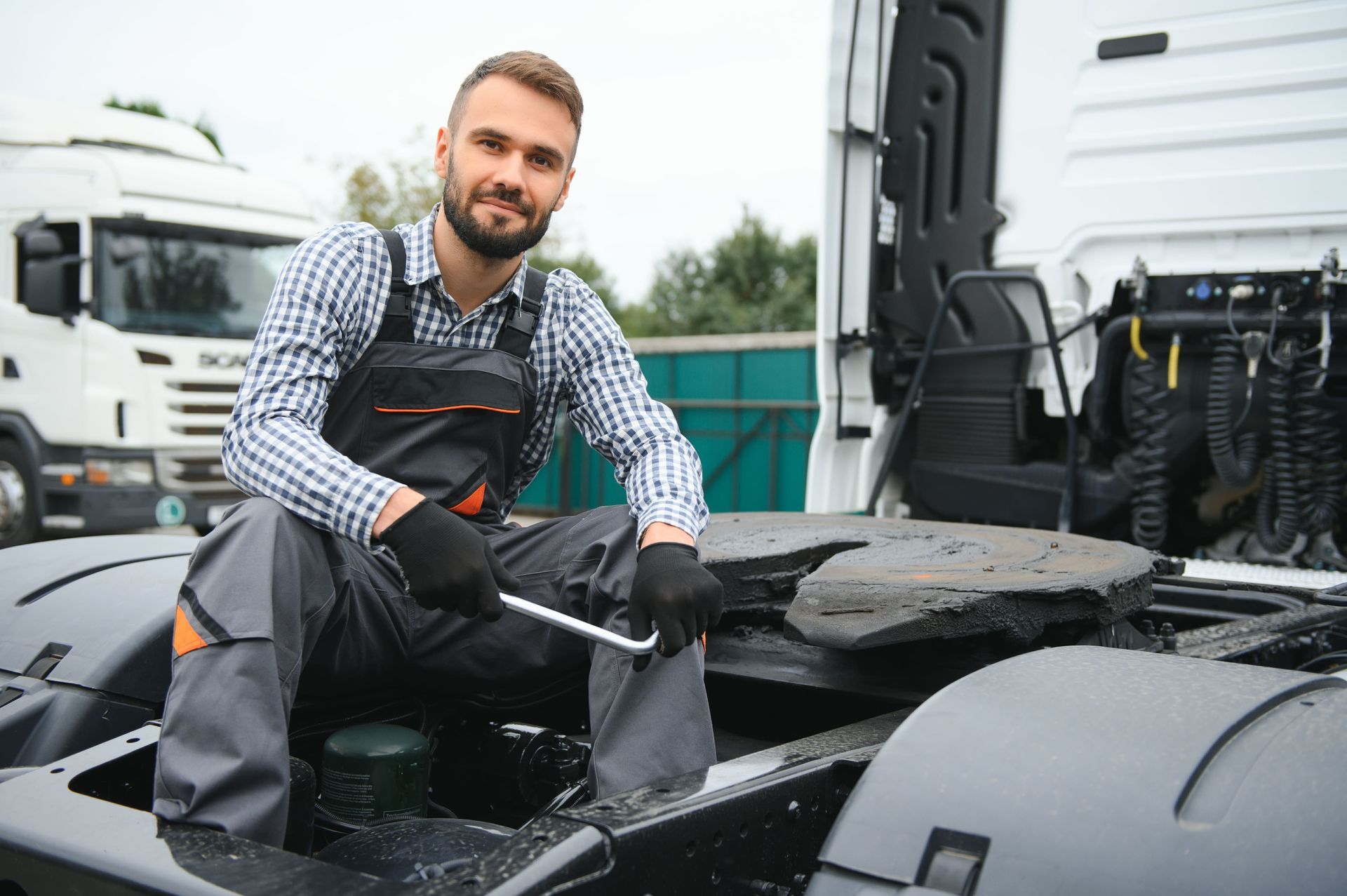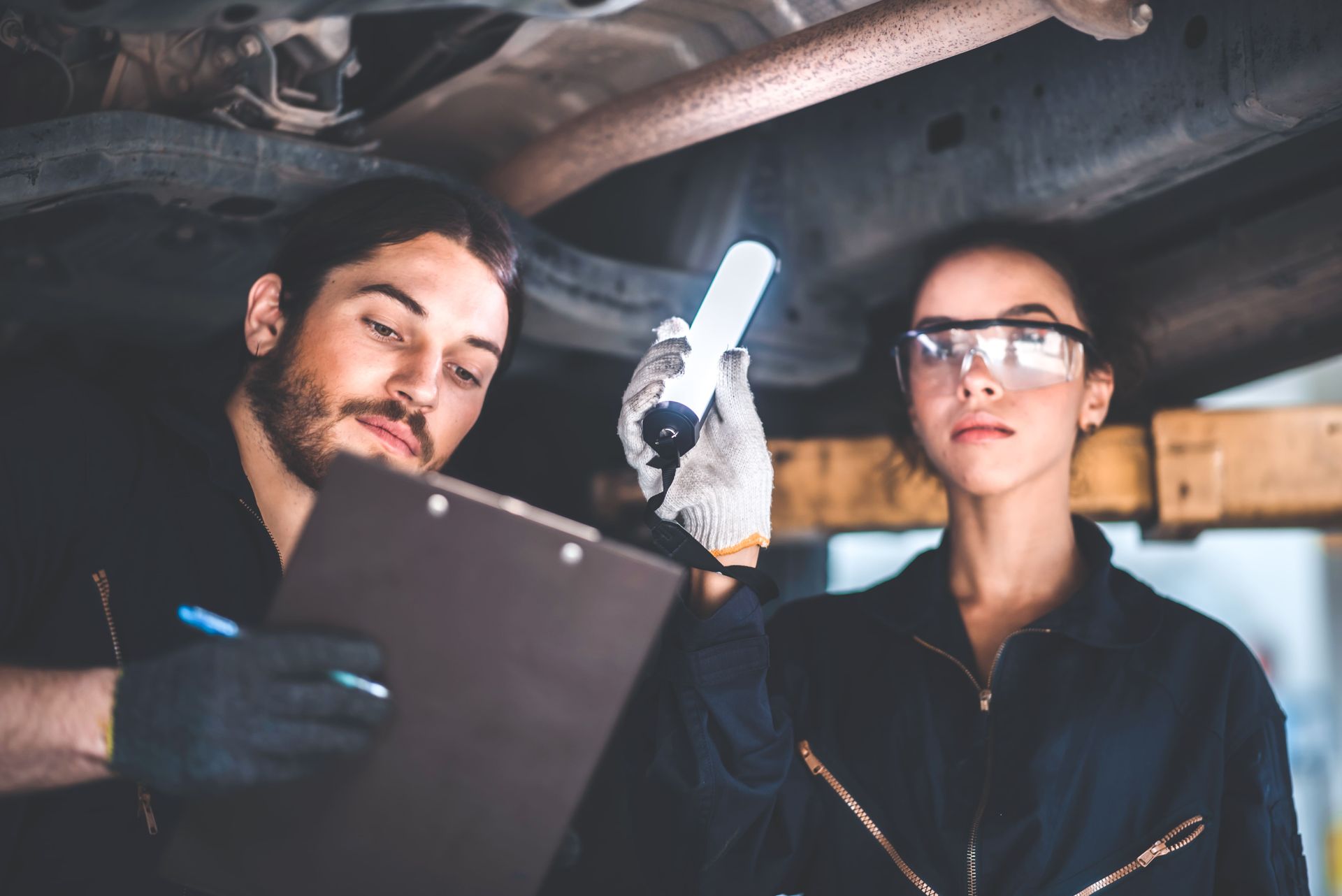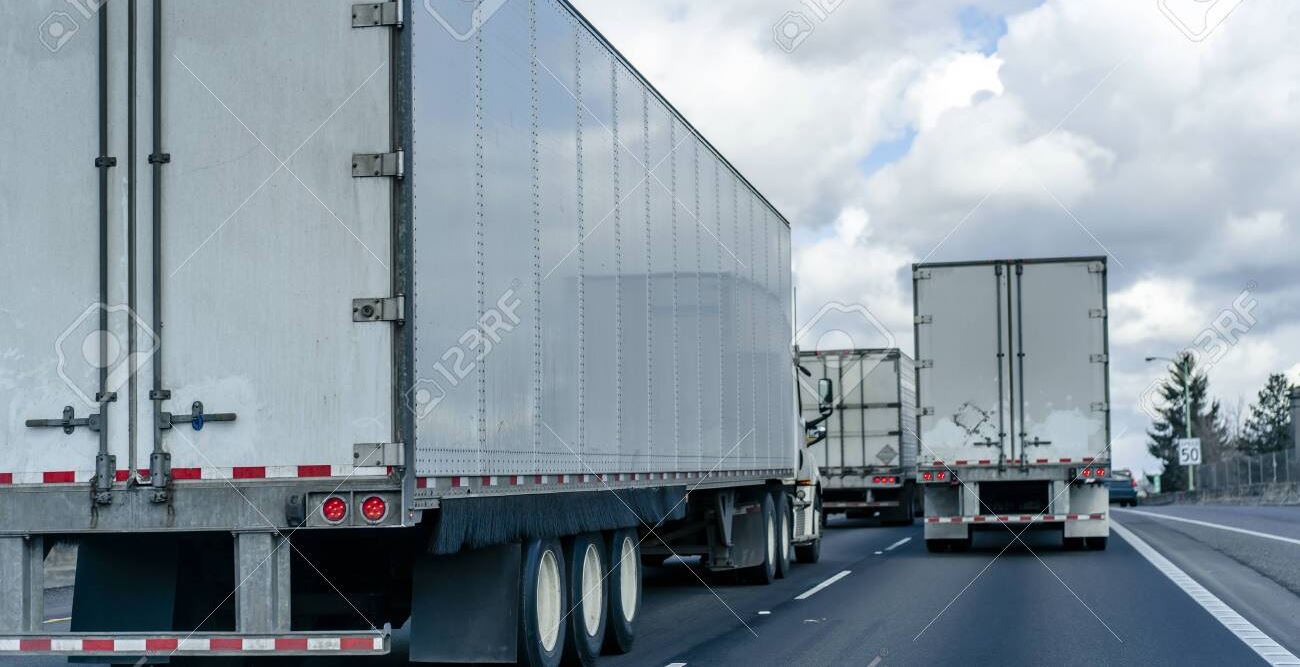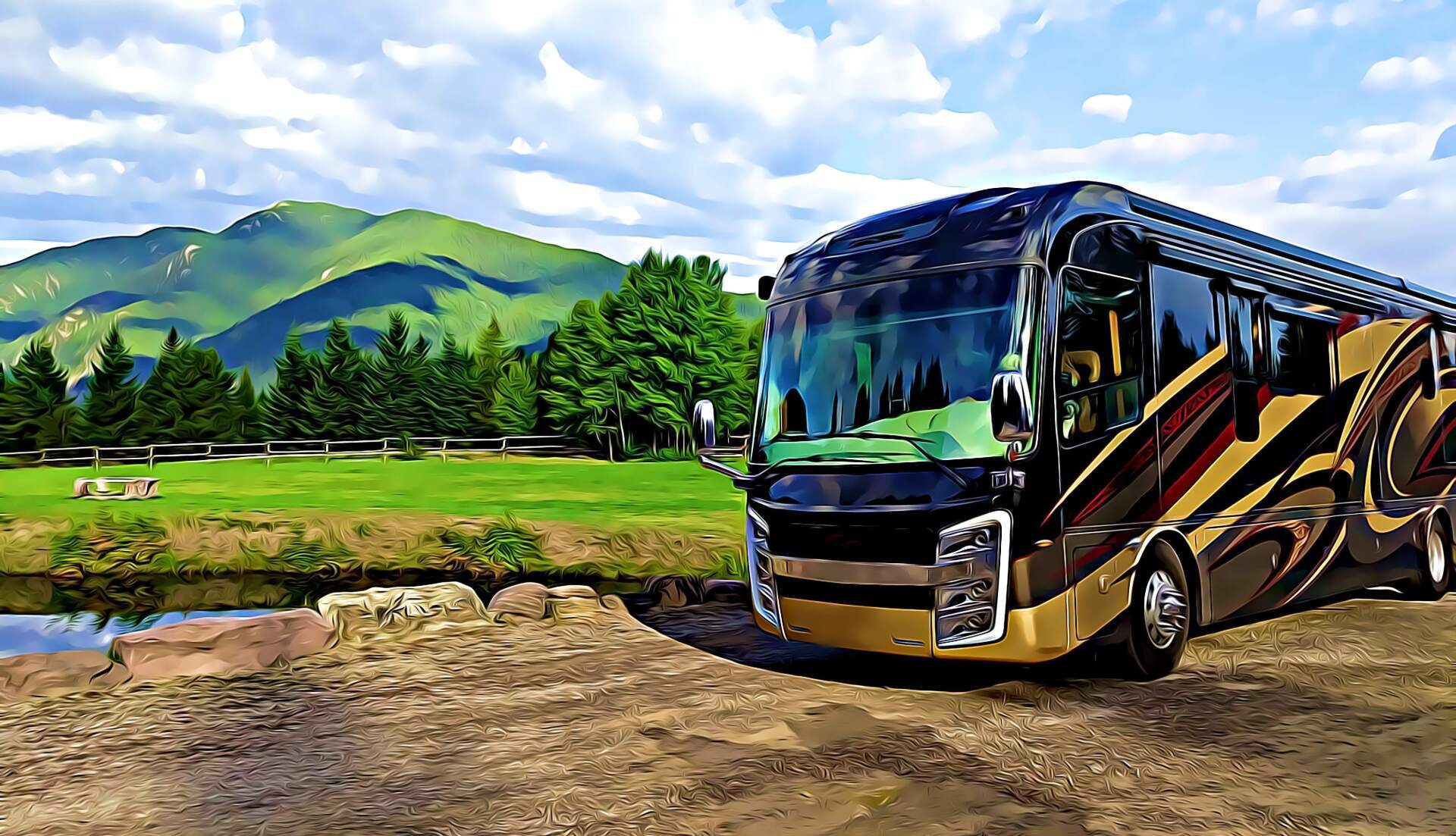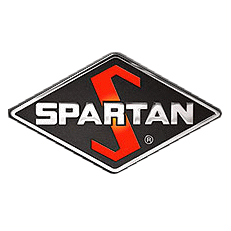Common Problems and Solutions Every RV Owner Should Know About
A well-built RV should give you many years of good service and, hopefully, won't need RV repairs too often. However, no RV is perfect, and there are a lot of common problems which may occur when you're on the road. Knowing about them and - better yet - knowing how to prevent them can save you from an unnecessary trip to a local Ohio RV repair shop.
Mainline RV & Truck Service is dedicated to making sure everyone in the state is enjoying their RV with a minimum of problems. We want you to have a great time on the road! So, we wanted to talk about common problems we see, and how owners can (hopefully) avoid them.
Common RV Problems You May Face
1. Tire blowouts
Everyone who drives any vehicle for long enough will eventually have a blowout. Tires don't last forever, and there can be a lot of unexpected debris on the roads which will contribute to tire damage. However, there are a few things you can do to reduce your chances of a blowout:
- Know the weight of your RV, as well as how much weight you typically load into it, so that you can choose tires capable of supporting that weight. Overburdened tires are much more likely to to have a blowout.
- Likewise, keep an eye on your speed and be sure it doesn't exceed the maximum rating of the tires. RV tires must deal with a lot of heat buildup, and the faster you go, the hotter they get. Every tire has its limit.
- Maintain tire inflation to manufacturer's specs. Never drive on under-inflated tires! Overinflation can also encourage blowouts, so be careful.
- Visually inspect your tires from time to time. In particular, make sure the tread is deep enough to maintain traction, and that there are no cracks in the sidewalls. If you see either of these, visit a local RV repair shop for new tires.
Plus, always keep a spare tire for your RV, and inspect it at least once a month to ensure it's in good shape and properly inflated. Likewise, you should have a basic toolkit for replacing a flat, if it happens.
2. Leaky roof
Since an RV needs to keep its weight down, the roof of the vehicle is often made of the same materials as the sides, with little or no extra reinforcement. This makes the roof extra-vulnerable to damage, and more prone to cracks or leaks.
The best preventative measure here is to avoid parking it in the open air whenever possible. If possible, try to keep your RV in a garage or other covered structure when it's not in use so that there is less chance of the roof being damaged.
Also, be aware of overhanging objects as you drive, such as tree branches. Hitting a branch at 60MPH could easily damage the roof all by itself.
3. Water line and pump issues
One unique feature of RVs is that they typically have plumbing and running water. However, this also greatly increases their complexity and introduces an entirely new set of systems that could potentially break down.
When it comes to protecting your water lines, it's a good idea to maintain the water pump and ensure it's operating at the proper pressure. The plumbing in RVs typically isn't very robust, so over-pressurized lines can easily cause leaks or bursts.
Also, water lines in RVs are very susceptible to the cold. If it's kept outside in freezing temperatures, with water in the lines, they're likely to burst as the water inside freezes and expands. If you're storing your RV for the winter, be sure to drain the lines. If you'll be using it regularly in freezing weather, you may need to look into heating options to ensure the plumbing doesn't freeze.
As for the water pump, there's not much you can do as an owner if it fails. It'll need to be professionally repaired or replaced. However, if you know there are pump issues, don't wait on repairs, since it could damage the plumbing if left alone.
4. Slide-Out Malfunctions
Some RVs have slide-outs, sections of the RV that can move outwards when at rest to provide extra living space. Unfortunately, the mechanisms powering the slide-out function are often not as good as they should be, making malfunctions common.
If your slide-out isn't working, the main thing you want to do is check for obstructions. An object may have made its way into the mechanism while on the road. It's also possible there's an electrical issue, although that will likely cause multiple problems at once.
Unfortunately, the slide-out mechanism is another feature that isn't user-repairable. If the mechanism itself is at fault, you'll need a professional Ohio RV repair service to fix it. HERE FRI 3;54
5. Electrical issues
The electrical system on an RV is far more complicated than on a regular car or truck since it has to power a lot more devices and features.
We highly recommend giving your electrical system a full check before hitting the road. Verify all the external lights and internal features work, and that the vehicle starts cleanly with minimum effort. Never go on a trip if you think there's an electrical problem.
Other common electrical issues include:
- Tripped circuit breakers. RVs are much more likely to overload their electrical system, compared to regular vehicles, especially if you have a lot of power-hungry appliances onboard. Know where your breaker box is since this is the first thing you should check if there's an electrical issue.
- Tripped GFCI outlets. Power outlets on RVs typically include a Ground Fault Circuit Interrupter (GFCI), intended to prevent electrical fires if the outlet is faulty. In some cases, a tripped GFCI will cause multiple items to fail.
- Battery problems. Test your battery regularly to ensure it's holding a charge and outputting the proper voltage. Some RVs have safety features that shut down non-essential systems if the battery output is too low. Also, keep an eye on the terminals and clean them if they get too corroded.
- Failed alternator. Without a working alternator, your RV can't recharge its battery on the road. However, this isn't something you can repair.
Do not attempt to do your electrical work on an RV. If there's a problem with the wiring or circuitry, amateur repairs can be genuinely dangerous. Always take it to RV repair experts for electrical issues.
6. Leaky Windows
The windows on your RV need to be able to handle the stresses and swaying of a vehicle in motion. But, they're nowhere near as robust as the windows on a home, or even on a smaller vehicle. This makes them prone to poor seals and leaking. At best, this can make your ride noisy, and at worst, it can allow water into your RV or let your hot/cold air escape.
If your windows aren't sealing properly, replacing the seals is the only real option. There are a lot of replacement seals on the market, and if you are handy, you may want to attempt to replace the seals yourself. You may also want to keep a roll of duct tape around for emergency patches while you’re on the road just in case. This will allow you take keep on going until you have an opportunity for repairs.
7. Swaying
Because RVs are so large, they catch a lot of air, which can cause swaying problems. If your RV starts swaying back and forth on the road, it will make your drive more difficult, and also increases the chances of a rollover or an accident. This is particularly true of towed RVs since they have very little connection to the pulling vehicle aside from the trailer hitch.
A few preventative measures here:
- Never overload your RV, especially the top. Try to keep heavier objects as low as possible, so they don't contribute to rollover dangers.
- Front-load heavy objects. Ideally, around 60% of the cargo should be in the front portion of the RV, so they can be supported by the front axle. RVs with too much heavy cargo in the rear are extra prone to both swaying and fishtailing.
- Keep your speed reasonable. High-speed travel increases sway problems, and it's usually best to stay under 60MPH, even if faster speeds are allowed.
- If swaying is a major issue, aftermarket sway bars are an affordable upgrade that can make your RV ride much safer. They basically act like lateral shock absorbers, preventing side-to-side motion.
Mainline RV & Truck Service Is Your Source for The Best Ohio RV Repairs and Service!
Truck drivers and RV enthusiasts across Ohio come to Mainline when they need top-quality repairs and service. Our highly trained friendly staff focus specifically on larger vehicles. Don't take risks with your RV by taking it to some random garage; come to an RV repair shop that knows your vehicle well!
If you ever need repairs or upgrades, just click here to schedule an appointment.
